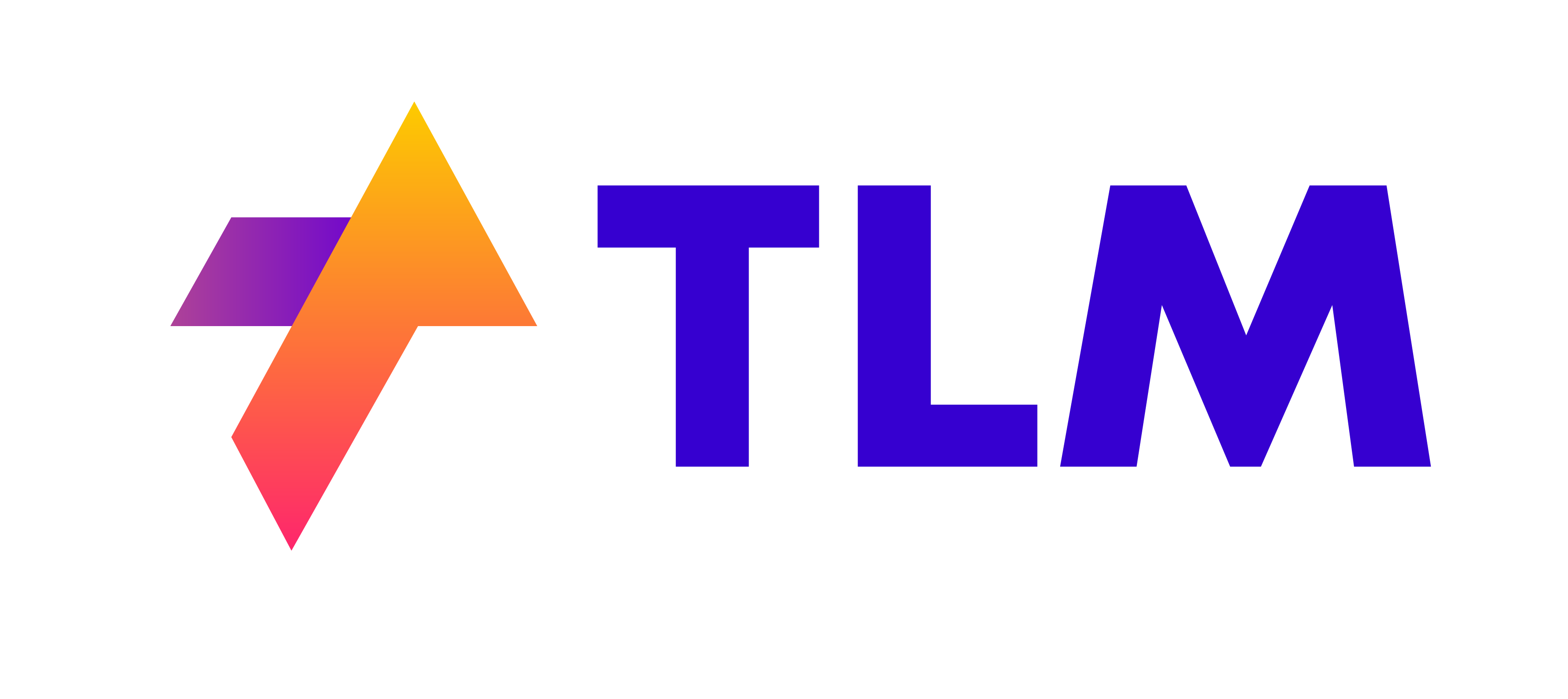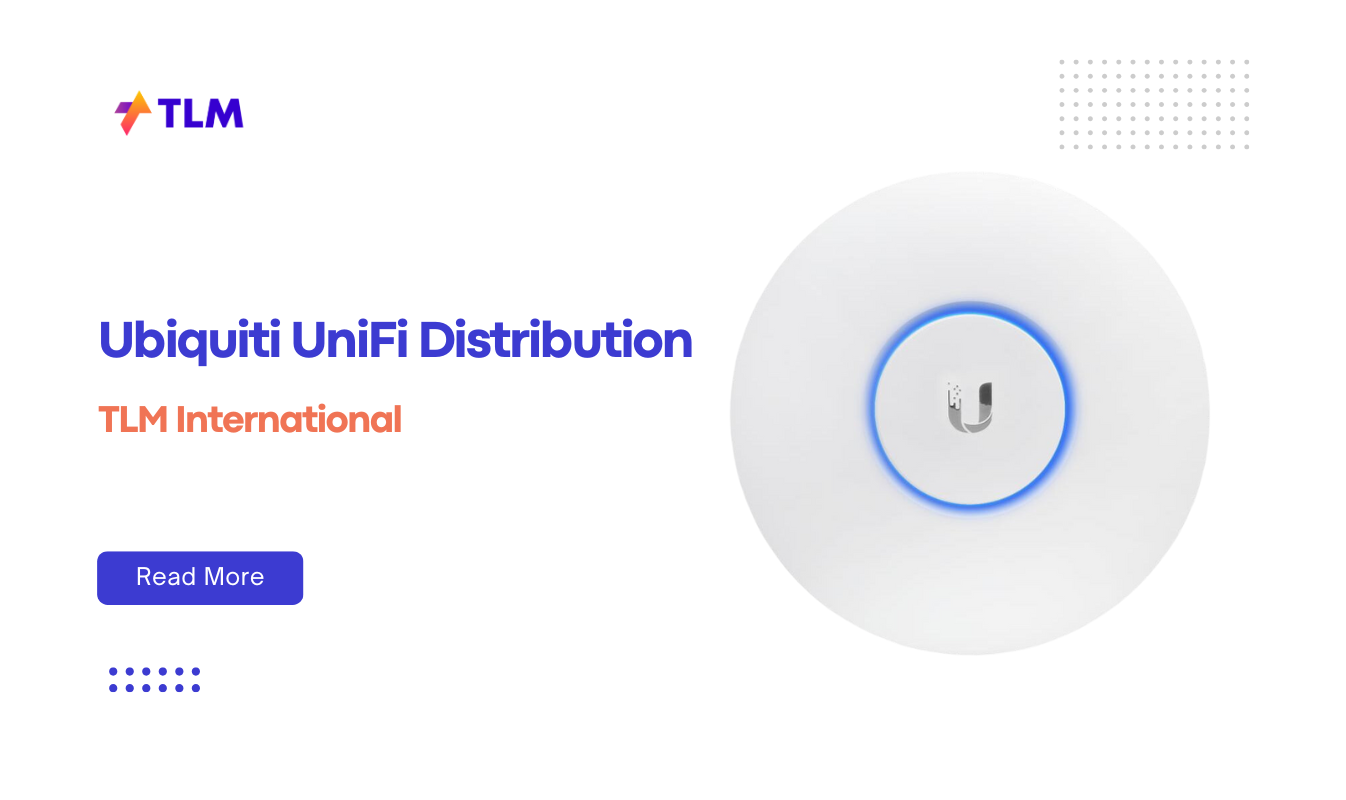Solid State Drives (SSDs) and Hard Disk Drives (HDDs) are two prevalent types of data storage devices, each with distinct characteristics and advantages.
What is an SSD?
An SSD is a storage device that uses flash memory to store data. Unlike traditional HDDs, SSDs have no moving parts, which makes them faster, more durable, and quieter. They are ideal for applications requiring quick data access and high-speed performance. SSDs offer significant advantages in terms of speed, with data transfer rates ranging from 500 MB/s to over 3,500 MB/s, depending on the technology used (e.g., SATA vs. NVMe). This speed advantage makes SSDs particularly suitable for tasks such as gaming, video editing, and running operating systems where fast read/write operations are critical.
Advantages of SSDs:
- Speed: Faster boot times and application load times.
- Durability: More resistant to physical shock due to lack of moving parts.
- Energy Efficiency: Lower power consumption leads to longer battery life in portable devices.
- Noise: Silent operation as there are no mechanical parts
What is an HDD?
An HDD is a traditional storage device that uses spinning disks coated with magnetic material to read and write data. Although generally slower than SSDs due to their mechanical nature, HDDs offer larger storage capacities at a lower cost per gigabyte. They are often used for applications where large amounts of data need to be stored cost-effectively, such as backups and archives.
Advantages of HDDs:
- Cost: More affordable per gigabyte, making them suitable for bulk storage needs.
- Capacity: Available in larger sizes compared to SSDs, with options exceeding 20TB.
- Proven Technology: Established technology with a long history of use in various application
Speed Comparison: 1TB SSD vs HDD
When considering storage options, speed is a critical factor that differentiates Solid State Drives (SSDs) from Hard Disk Drives (HDDs). This comparison explores the performance, reliability, and cost-effectiveness of 1TB SSDs and HDDs.
Speed and Performance
Read/Write Speed:
- HDD: Typically offers read/write speeds of 80-160 MB/s.
- SSD: Provides significantly faster read/write speeds, ranging from 200-550 MB/s for SATA SSDs and up to 3,500+ MB/s for NVMe SSDs.
Boot Time:
- HDD: Takes about 30-40 seconds to boot.
- SSD: Boots much faster, usually within 10-15 seconds
File Transfer:
- HDD: Transfers files at speeds between 30-150 MB/s.
- SSD: Handles file transfers at speeds of 500-3,500+ MB/s, depending on the type of SSD.
SSDs outperform HDDs in speed, making them ideal for tasks requiring rapid data access, such as gaming and video editing.
Reliability and Durability
HDD Reliability:
- HDDs have mechanical parts that are prone to wear and tear over time. They are more susceptible to physical damage from drops or shocks.
SSD Reliability:
- SSDs have no moving parts, which makes them more resistant to physical damage. They consume less power and generate less heat, contributing to their durability.
Overall, SSDs offer better durability due to their lack of mechanical components.
Performance in Different Scenarios
Gaming:
- For gamers, an SSD can drastically reduce game loading times and improve overall performance. While both drives perform similarly during gameplay itself, the faster load times of an SSD enhance the gaming experience .Experience the next level of gaming performance with Team Group’s Gaming SSDs.
Video Editing:
- In video editing applications, the fast read/write speeds of an SSD allow for quicker rendering times and smoother playback of high-resolution videos. An HDD may suffice for storing raw footage but might slow down editing processes.
General Computing:
- For everyday tasks like web browsing or document editing, an HDD may be sufficient. However, if you frequently run resource-intensive applications or multitask heavily, an SSD would provide a noticeable improvement in responsiveness.
Cost Considerations
HDD Cost:
- Generally cheaper per gigabyte than SSDs. Ideal for users needing large storage at a lower price point.
SSD Cost:
- More expensive but prices have been decreasing steadily. Offers better value for performance-oriented users.
Energy Efficiency
SSDs consume less power compared to HDDs due to their lack of moving parts. This makes them more energy-efficient and suitable for laptops where battery life is a concern.
Conclusion
Choosing between a 1TB SSD and an HDD depends largely on your specific needs:
Choose an SSD if you need:
- Faster boot times
- Quick file transfers
- Enhanced durability
- Energy efficiency
Choose an HDD if you need:
- Large storage capacity
- Lower cost per gigabyte
- Sufficient performance for basic tasks






